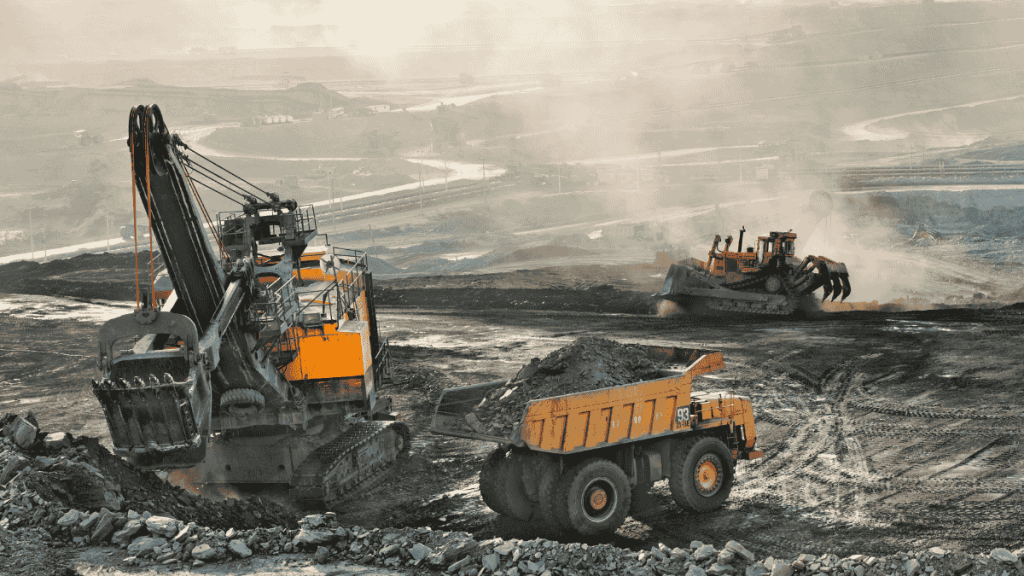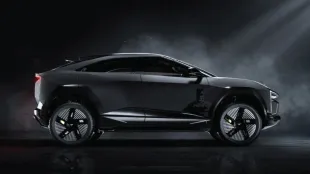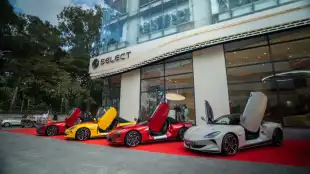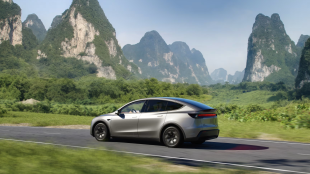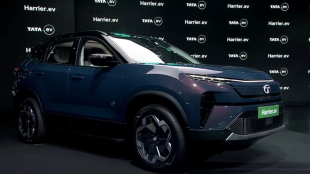India’s automotive sector is on the brink of a severe supply chain disruption due to ongoing delays in securing critical rare earth magnet imports from China. As of June 29, 2025, a group of 40–50 senior executives from leading Indian auto companies remains grounded, awaiting approval from China’s commerce ministry to hold discussions on expediting shipments. Although the delegation has already received visas back in May, no formal meetings have been granted, leaving the industry in limbo as production schedules hang in the balance. “They (Chinese authorities) have not given any appointment so far, so the delegation is yet to leave. The situation is bad as not even a single license has been issued to us so far,” a source told PTI.
Rare earth magnets are essential for the production of electric vehicles (EVs), hybrids, and even conventional vehicles with internal combustion engines (ICE), as they power key systems like electric power steering and propulsion motors. With China yet to issue a single export license, Indian automakers are growing increasingly anxious.
No magnets, no motors: China hit the brakes on auto production
The bottleneck stems from a sweeping policy shift that came into effect on April 4, 2025, when China introduced strict export controls on seven rare earth elements, including samarium, terbium, dysprosium, and gadolinium. These elements are critical for manufacturing permanent magnet synchronous motors (PMSMs) used in EVs. The new regulations require detailed disclosures, including end-use declarations and guarantees that the materials will not be used for military applications or re-exported to the United States.
China controls over 90% of global rare earth magnet processing. India, which sourced more than 80% of its 540-tonne magnet imports from China last fiscal year, is among the worst hit. Despite 30 import applications backed by the Indian government, none have received clearance from the Chinese authorities.
From growth to gridlock: Crisis could stall India’s EV future
The shortage poses a spanner in India’s growing EV sector. A sustained disruption could bring vehicle assembly lines to a halt, delay EV launches, and derail industry momentum at a critical juncture.
Industry stakeholders are urging the Indian government to intervene diplomatically at the highest levels. Meanwhile, suggestions to diversify imports to countries like Vietnam or Australia, or invest in domestic rare earth processing, are gaining traction. However, setting up local refining infrastructure is a long-term endeavour and offers no immediate relief.
This crisis highlights India’s vulnerability in its dependence on a single supplier. Without urgent intervention, the shortage could trigger widespread ripple effects, like impacting jobs, exports, and the pace of automotive electrification.
